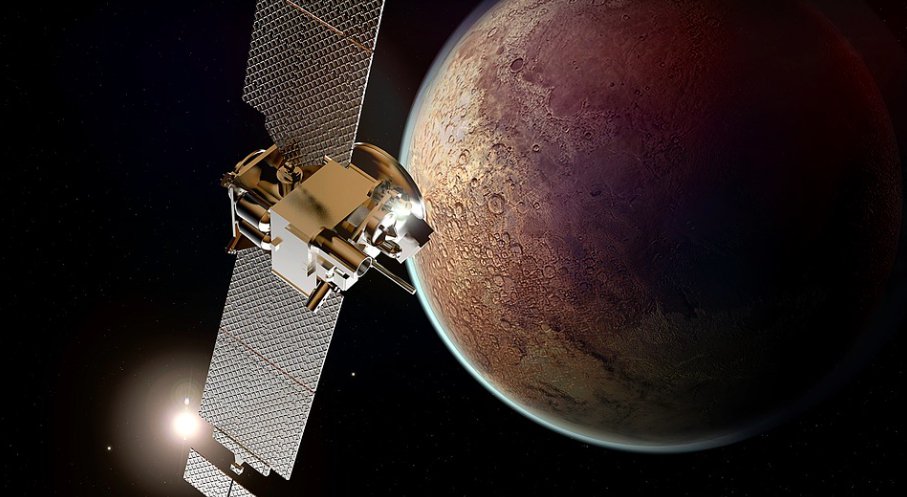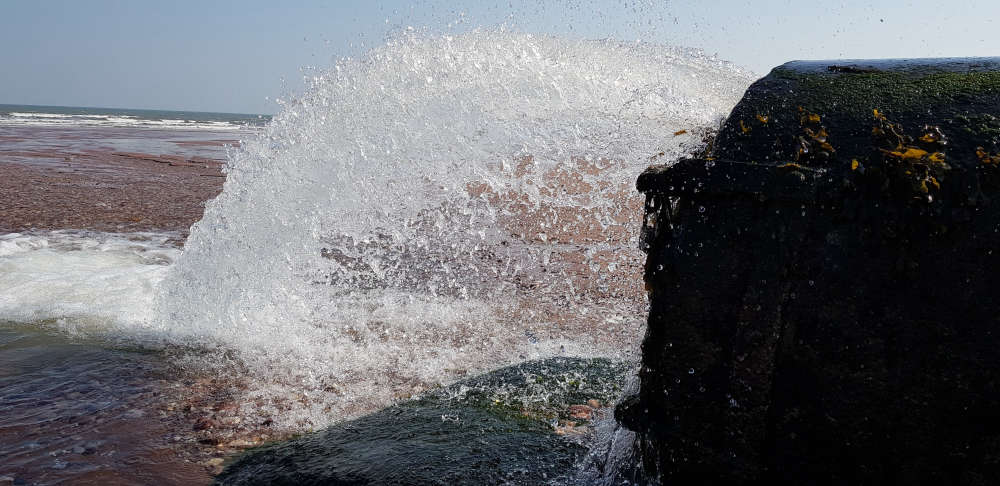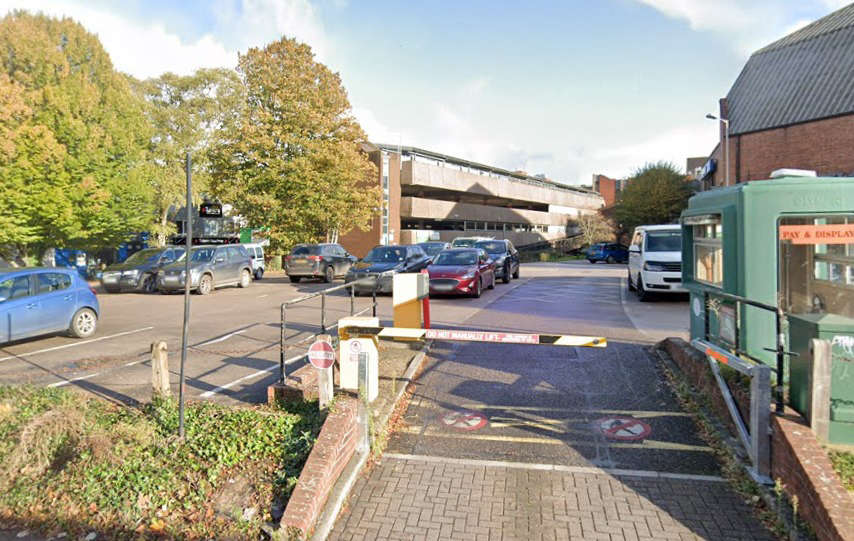
NASA aims to have humans on Mars by 2030
University of Exeter students have found a way to produce oxygen on Mars, earning a gold medal at a prestigious competition.
In a project for the International Genetically Engineered Machine competition in Boston, USA, the Exeter team created a method of converting perchlorate in the Martian soil to oxygen.
They designed a bioreactor to contain the reaction on the Red Planet and found a way to harvest the oxygen.
NASA aims to have humans on Mars by 2030, and oxygen production is one of many challenges that must be overcome to make this possible.
This is Exeter’s fifth consecutive gold medal in the competition, which this year attracted more than 300 teams from around the world.
“We are thrilled to receive a gold medal,” said team member Juliana Sackey. “It’s the culmination of a summer full of new experiences in team work, organisation and discovery in synthetic biology.
“It was a great ending to our trip to Boston and we’d like to say a big thank you to our supervisors at the university and everyone that helped us along the way.
Exeter’s team, made up of undergraduate and masters students in Physics, Computer Science and Biosciences, was: Emily Browne, Nahnsu Dawkins, Phil George, Amy Hewitt, Sophie Hodson, Ingebjørg Holmedal, Fiona Kennedy, Matthew Romang, Juliana Sackey and Eleanor Jane Wells.
 How Torbay Hospital bosses are tackling 'risks'
How Torbay Hospital bosses are tackling 'risks'
 RD&E and North Devon hospital waiting times slashed
RD&E and North Devon hospital waiting times slashed
 Bus service changes leave villagers in North Devon stranded
Bus service changes leave villagers in North Devon stranded
 Demand for action over Teign sewage spills
Demand for action over Teign sewage spills
 Cyclist critically injured in Sidmouth
Cyclist critically injured in Sidmouth
 Council owed £4 million by its own housing company
Council owed £4 million by its own housing company
